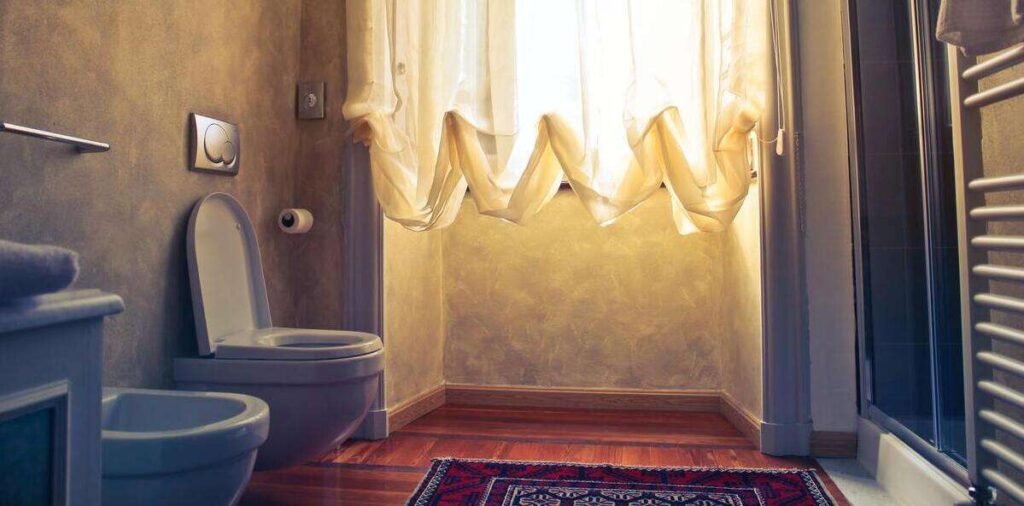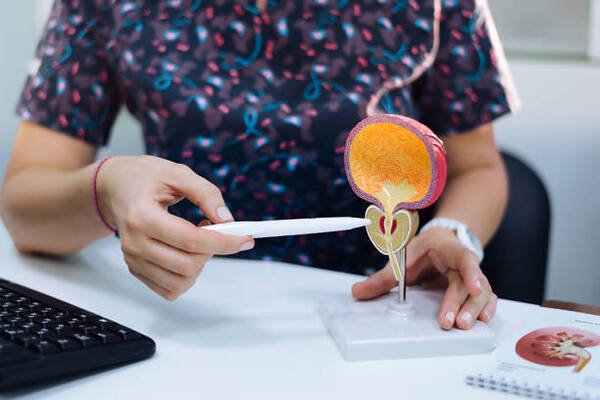
4 Tips to Help You Accompany the Elderly With Bladder Diseases
Because the body functions of the elderly are no longer young, they may face some diseases that occur in old age, such as muscle relaxation and weakening of muscle strength. Especially when the bladder wall changes, bladder diseases will follow. Therefore, if an elder in your family has bladder disease, helping them will not only reduce their psychological pressure, but also promote family bonding. The following 4 items will teach you how to accompany the elderly at home with bladder disease and accompany them to fight the disease together
- Accompany them to the doctor’s appointment
First of all, by accompanying an elderly person with related diseases at home to see a doctor, not only can you know what symptoms he has, but you can also directly ask the doctor for help instead of completely explaining the situation. If your elder has a bladder infection or urinary incontinence, the doctor may recommend that the patient do some physical examinations or inquire about the medical history. In the unlikely event that the patient cannot explain exactly what is going on, you can tell the physician everything you know. Please be honest, as your communication with your doctor will affect which treatment your patient receives. If the doctor has advice, you should keep it in mind and help your elder follow all instructions. - Practice Kegel exercises
You can suggest your elders to do some exercises that can strengthen bladder control, such as Kegel exercises, which are very helpful and efficient. Doing Kegel exercises can strengthen the pelvic muscles and help them practice bladder control.
Simple moves for Kegel exercises:
Imagine that your body wants to urinate, and you do the action of holding in urine at the same time. Hold the muscles in the relevant parts for 10 seconds, repeat 10 times, and the patient can do it several times a day. Please tell your elders to be patient, because this exercise may take 3 to 6 weeks to have significant results. - Schedule toilet breaks
You can ask the elder to go to the toilet at a fixed time, such as once every hour, and then gradually lengthen the time interval between each time he goes to the toilet. This will help the patient’s ability to control the bladder. Please let the patient know the time to go to the toilet and ask him to go to the toilet on time. - Change living habits
Changing living habits can help the condition. Ask your elders not to smoke, drink less alcohol, and drink less coffee. If he is overweight, ask him to lose weight. You can also put him on a weight loss program. Your elder is prone to bladder problems because of his age, so your help is very important. It is important to provide him with appropriate assistance to help him slow down his condition and live a better life. If you have any questions, please consult your physician for more information













